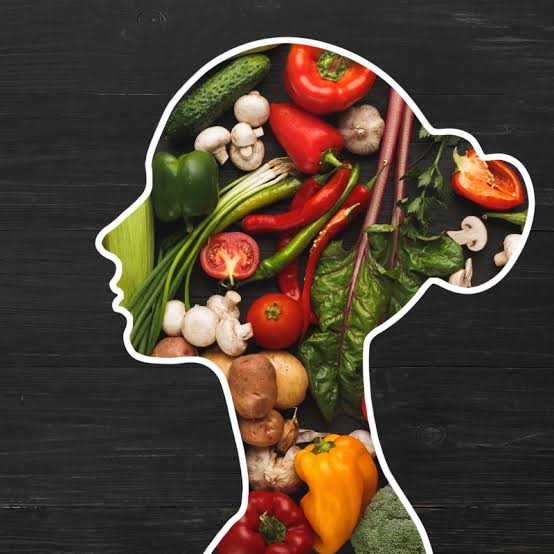- Log in to post comments
Did you know that our food preferences AKA if we like cake, ice cream or mangoes is dependent on our brain neurons?
A recent study proved this unknown fact in late 2020 by researchers of the John Hopkins University.
"Your brain has to weigh different possible outcomes or options in order to make good decisions that are necessary for survival," said Patricia Janak, Professor of Psychological and Brain Sciences and Neuroscience at Johns Hopkins University. "We knew the ventral pallidum is involved in that process. Exactly how the neurons there do that was still a bit of a mystery, especially in real time when the best decision for you to make right now can change based on your state."

They needed to make an experiment to test out this theory and they used lab rats in the process to do the same. The researchers in doing this were able to demonstrate that this same area of the brain is tracking and updating food preferences in ways that shifted as physiological states progressed from extremely thirsty to happily quenched.
researchers gave thirsty rats two options to choose from by selecting one of two levers. One lever provided plain water, the other a well-liked sugar water. At first when they were just thirsty they chose any water without differentiating between them.
But after a while they tended to prefer the sweet water, the neural activity when tasting the sweet water gradually increased over time while the neural activity when tasting the water decreased, which gave evidence that the brain signal is closely related to the change in preference as the subjects became less thirsty and were less interested in the plain water.
Researchers also successfully manipulated neurons to make subjects crave flavors that were desired and those that weren’t. These research results are similar to those used in addiction studies and may explain how we prioritize drugs over other rewards. Previous research had already established that the region known as the ventral pallidum was associated with food preferences, but this recent research expands this knowledge by analyzing neurons as well.
- Soumya Gulati
